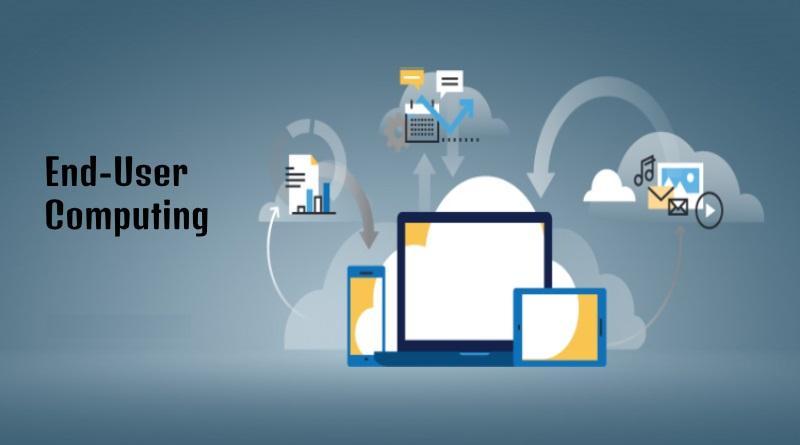The Future of Work: Key Trends in the End-user Computing Market

The evolution of End-user Computing Market Trends is signaling a future where the digital workspace is more intelligent, autonomous, and deeply integrated with security than ever before. As the market continues on its strong growth path towards its projected USD 108.81 billion valuation by 2034, its direction is being shaped by several transformative technological and strategic innovations. This journey, powered by a steady 6.76% CAGR, is moving beyond simple remote access towards creating a seamless, context-aware, and highly secure work experience for every employee. The most influential trends driving this transformation are the rise of Desktop-as-a-Service (DaaS), the critical focus on Digital Employee Experience (DEX), and the convergence with Zero Trust security architectures.
The most dominant and defining trend in the market is the definitive shift from on-premise Virtual Desktop Infrastructure (VDI) to cloud-native Desktop-as-a-Service (DaaS). While VDI remains relevant for specific use cases, DaaS offers unparalleled advantages in terms of scalability, global accessibility, and business agility. DaaS platforms, offered by hyperscalers like Microsoft and AWS as well as traditional players like Citrix and VMware, remove the complexity of managing the underlying infrastructure, allowing IT teams to focus on delivering a great user experience. This trend is democratizing virtual desktops, making them accessible to organizations of all sizes and accelerating the move away from traditional PC lifecycle management as the primary model for employee computing.
Another major trend that has moved to the forefront is the intense focus on monitoring and improving the Digital Employee Experience (DEX). It is no longer enough to simply provide access to a virtual desktop; the experience must be fast, reliable, and frustration-free. This has led to the emergence of a new category of DEX management tools that provide deep visibility into the end-to-end user session, from the endpoint device and the local network to the data center or cloud. These tools use AI and analytics to proactively identify performance bottlenecks, predict issues before they impact users, and provide IT with the insights needed to continuously optimize the digital workspace, making DEX a key competitive differentiator for businesses.
Finally, a crucial strategic trend is the tight integration and convergence of EUC with modern cybersecurity frameworks, particularly Zero Trust and Secure Access Service Edge (SASE). The principle of Zero Trust—"never trust, always verify"—is a perfect philosophical match for EUC. By treating every access request as untrusted and requiring strong authentication, EUC platforms can become a core enforcement point for a Zero Trust strategy. The convergence with SASE, which combines networking and security functions into a single cloud-delivered service, allows organizations to provide secure, optimized access to their EUC environment for any user, on any device, anywhere in the world, creating a truly unified and secure architecture for the future of hybrid work.
Explore Our Latest Trending Reports:
- Art
- Business
- Causes
- Crafts
- Dance
- Drinks
- Film
- Fitness
- Food
- Games
- Gardening
- Health
- Home
- Literature
- Music
- Networking
- Other
- Party
- Religion
- Shopping
- Sports
- Theater
- Wellness
